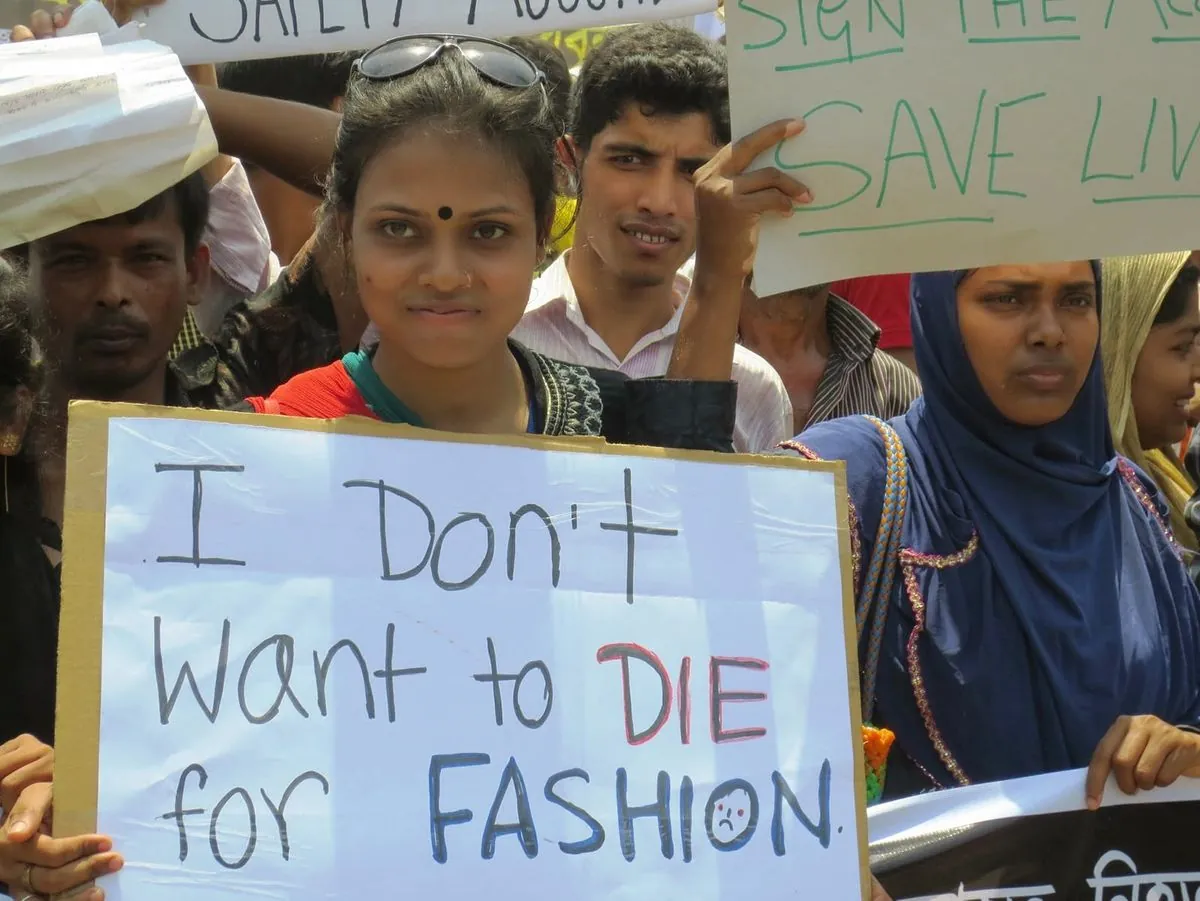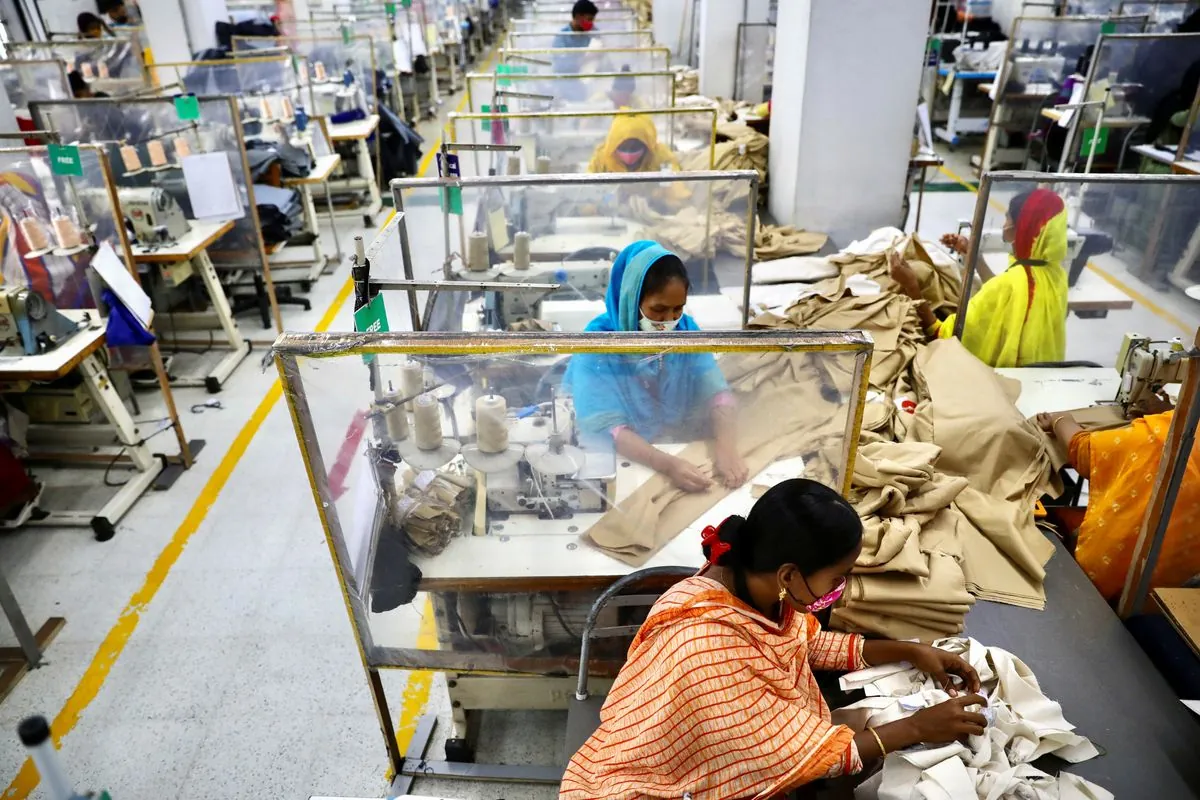Deadly Clash in Bangladesh's Garment Industry Sparks Concerns
A violent confrontation between garment workers and police in Bangladesh results in one fatality and multiple injuries. The incident highlights ongoing labor issues in the country's crucial export sector.

In a recent development that has shaken Bangladesh's garment industry, a violent clash between protesting workers and law enforcement resulted in the death of one garment worker and injuries to at least 20 others. The incident occurred on September 30, 2024, in Ashulia, near Dhaka, when hundreds of workers blocked a major highway, demanding improved wages and working conditions.
The unrest has led to the closure of several factories, exacerbating existing production backlogs caused by political turmoil and recent floods. This situation highlights the ongoing challenges faced by Bangladesh's garment industry, which began in the 1980s and has since become a crucial part of the country's economy.
Abdullah Hil Rakib, senior vice president of the Bangladesh Garment Manufacturers and Exporters Association (BGMEA), emphasized the need for enhanced security measures to protect production units. The BGMEA, founded in 1983, represents an industry that employs approximately 4 million people, with women constituting about 80% of the workforce.

The government has formed a committee to address workers' concerns, but labor leaders stress the importance of factory-specific discussions. Babul Akter, president of the Bangladesh Garment and Industrial Workers Federation, stated:
This unrest comes at a critical time for Bangladesh, as the country's interim government, led by Nobel Peace Prize laureate Muhammad Yunus, has taken charge following the resignation of Prime Minister Sheikh Hasina in early August 2024. The interim administration is tasked with restoring stability and organizing parliamentary elections.
Bangladesh's garment industry, which accounts for over 80% of the country's export earnings and about 11% of its GDP, is facing potential order diversions due to the current instability. In 2023, Bangladesh exported $38.4 billion worth of garments, ranking as the world's second-largest apparel exporter after China.
The country has made significant strides in poverty reduction since the 1990s and has set ambitious goals for its garment sector, aiming to export $50 billion worth of garments annually by 2025. However, the industry continues to face scrutiny over working conditions, particularly since the tragic Rana Plaza collapse in 2013, which claimed over 1,100 lives.
As Bangladesh grapples with these challenges, it's worth noting that the country has achieved progress in areas such as education and healthcare. However, it also faces ongoing issues related to its high population density and vulnerability to climate change, including frequent flooding.
The current unrest underscores the delicate balance between economic growth and workers' rights in Bangladesh's garment industry. As the situation unfolds, the world watches to see how this crucial sector will navigate these turbulent times while striving to maintain its position in the global apparel market.


































